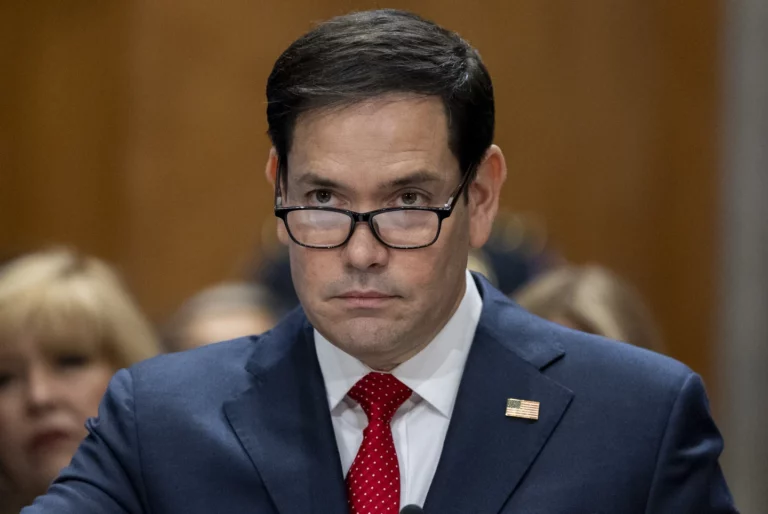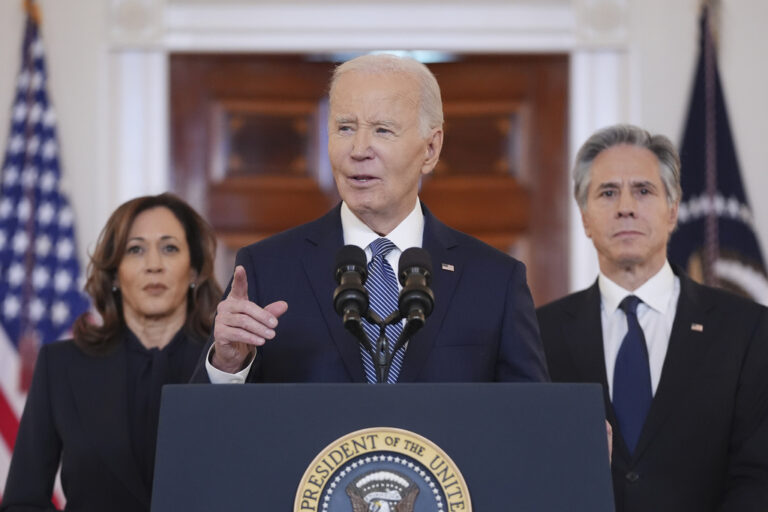 The Treasury Department called for additional oversight and some increased regulations for the online lending industry on Tuesday, the first time a government agency has weighed in on this quickly growing, but largely unregulated, part of the financial world.
The Treasury Department called for additional oversight and some increased regulations for the online lending industry on Tuesday, the first time a government agency has weighed in on this quickly growing, but largely unregulated, part of the financial world.
It also comes at a time when the biggest online lending company, LendingClub, is under scrutiny from investors after the company altered a portfolio of sketchy loans in order to sell them to an investor. The scandal forced LendingClub’s CEO to resign and its stock to plunge more than 30 percent in two days.
In July 2015, the Treasury Department issued a request for information on the online lending industry and received 100 responses from companies, industry lobbyists, consumer advocates, lawmakers and others. While the Securities and Exchange Commission weighed in on the industry a few years ago, the SEC was looking only at the investors’ point of view. This is the first time a regulator took a holistic view of the industry.
“There’s a need for greater transparency (in the industry),” Antonio Weiss, Treasury Department counselor, said in a call with journalists.
The online lending industry grew out of the financial crisis, when banks curtailed lending across the board. The industry is dominated by two companies, LendingClub and Prosper, which use an online platform to pair borrowers with investors who are willing to invest in their loans. On Deck Capital, which does online lending to small businesses, is another large player.
The industry used to be known as “peer-to-peer” lending, due to the fact that individuals could invest in the loans that are made to borrowers. As the industry has grown, the companies that arrange these kinds of loans outside of the traditional banking system have come to be known as online lenders. Most of the investors in these kinds of loans are now hedge funds, banks and other institutional investors.
After growing exponentially for the last three years, the business model for online lending has come under pressure. Investors have found the loans to be riskier than originally anticipated and have looked for more attractive investments elsewhere.
In its report, the Treasury Department does not call for a major overhaul of the online lending industry, but it does raise concerns that the loans being made to small businesses, like those made by On Deck Capital, are not eligible for the same protections that consumer loans are. The loans also had higher interest rates compared with comparable ones made by banks. Treasury called for Congress to consider new legislation that would address the oversight and borrower protection issues in these small business loans.
Treasury officials also echoed concerns that investors have had about the industry since its start, namely that the relatively new industry has not been tested in an economic downturn and that the loans being made have higher levels of delinquency than what the industry’s credit metrics would suggest.
The Treasury Department also called for the industry to create a registry that would give investors and the public data on the issuance of loans and how loans are performing.
Lastly, Treasury officials plan to create a working group that would involve all the major financial industry government regulatory agencies — the Consumer Financial Protection Bureau, the Office of the Comptroller of the Currency, the Federal Deposit Insurance Corporation, the Federal Trade Commission, the Small Business Administration, the SEC, the Federal Reserve and state regulators — to propose more forms of oversight as necessary to protect borrowers.
(AP)










